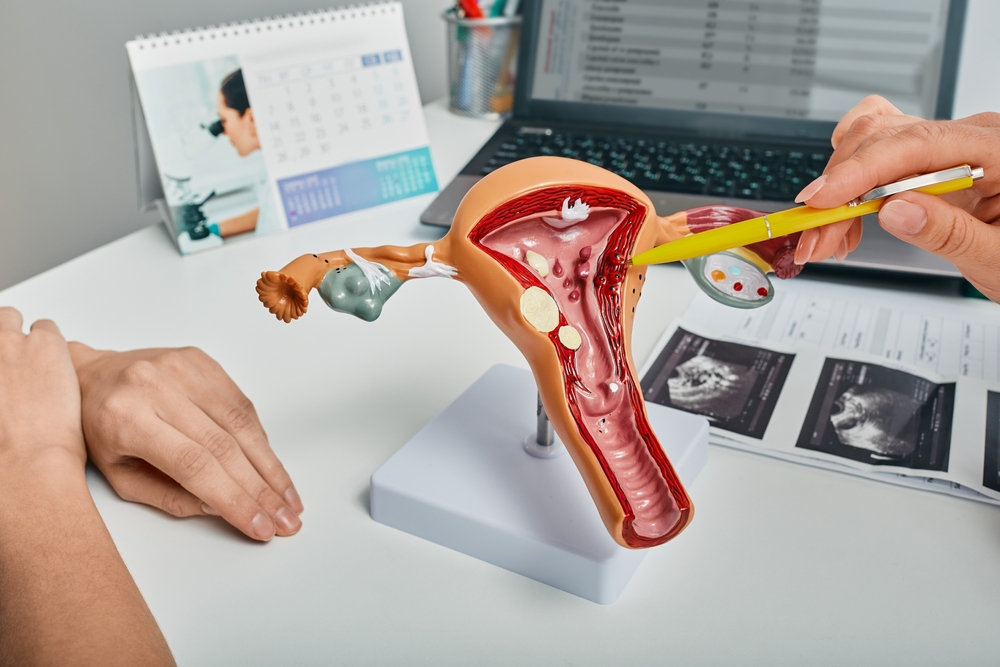The Traumatic brain injury (TBI) is an important cause of death, disability, and cognitive and motor impairment in Brazil and worldwide. Besides the lack of a wide range of drugs available to treat motor and cognitive sequelae after a TBI, the refractivity of patients to the usual therapeutic arsenal makes it necessary to search for new prescription strategies.
Medical Cannabis stands out in this scenario due to the neuroprotective properties of phytocannabinoids and the other psychotherapeutic attributes of the different chemovars of the plant that have already been scientifically proven.
Read this article to the end to discover the scientific evidence for the benefits of medical Cannabis use in the treatment of injured brain following a traumatic brain injury and be up to date on it!
Endocannabinoid system and neuroprotective actions
As we know, the Endocannabinoid System modulates and regulates an extensive range of physiological processes, such as inflammatory processes, synaptic plasticity, learning and memory processes, movement coordination, the sleep-wake cycle, and even body temperature regulation.
In traumatic brain injuries, preclinical studies show the neuroprotective role of SEC in reducing sequelae following brain injury.
This North American study highlights the neuroprotective properties of endocannabinoids by pointing out the increase in plasma concentrations of anandamide and 2-araquidonylglycerol (2-AG) in response to brain injury, suggesting that the SEC plays a central regulatory role in compensatory and repair mechanisms to neuronal injury.
>> Read the full study at: Endocannabinoids: A Promising Impact for Traumatic Brain Injury
Following the same line of research, this paper published in the Journal of Neurotrauma shows that the endocannabinoid 2-AG binds to the cannabinoid receptors CB1 and CB2 about one hour after the traumatic brain injury in animal models, and it is able to attenuate neurological deficits resulting from the injury by reducing neuroinflammation, brain edema formation, extent of ischemic area, blood-brain barrier permeability, as well as reducing neuronal cell loss.
>> You can read the full study here: Role of CB 2 Receptor in the Recovery of Mice after Traumatic Brain Injury.
As we know, endogenous endocannabinoid release is not always sufficient to prevent post- TBI neuronal damage. However, the SEC can also be activated and modulated by external cannabinoid substances, specially by the phytocannabinoids found in the Cannabis plant.
Medical Cannabis and traumatic brain injury
Like the endocannabinoids, the phytocannabinoids CBD, and THC also exhibit neuroprotective properties and are able to minimize the adverse outcomes of brain injuryby protecting neurons from the different injuries underlying neuronal injury, such as excitotoxicity, excessive free radical release, and exacerbated neuroinflammatory response..
As it could be demonstrated inthis bibliographic review that reinforces the neuroprotective role of Cannabidiol, by facilitating the synaptic plasticity and neurogenesis.
>> Check out the full study at: Cannabidiol, neuroprotection and neuropsychiatric disorders
This comparative study covers the use of THC and its relationship with adverse events related to traumatic brain injury. This is a three-year analysis, which showed that the use of THC was associated with a lower chance of death from traumatic brain injury.
Interestingly, in a sample consisting of 446 patients, the mortality rate in the group that used THC was 2,4%while in the group that did not use this phytocannabinoid, the mortality rate was 11,5%.
>> You can read the full study here: Effect of marijuana use on outcomes in traumatic brain injury.
Although many observational studies and pre-clinical research on the relationship between medical Cannabis and TBI are still under development, it is already possible to infer a number of benefits of this therapeutic in the treatment of brain injuries.
>> Check out more on this topic at: Cannabidiol and Other Cannabinoids in Demyelinating Diseases
As medical Cannabis consolidates as a legal practice, freeing itself from social and cultural stigmas, studies are gaining more methodological quality, so that its use can be increasingly assertive.
It is also important to emphasize that specialized education in the area is fundamental to act safely and effectively in prescriptive practice, optimizing therapeutic results and avoiding potential adverse effects.
The WeCann Academy is committed to your learning journey. We connect experts from around the world in a global study community in Endocannabinoid Medicine to bridge scientific knowledge and practical experience in the medical use of Cannabis.
Do you want to join our community? Contact us and get ready for the new frontier of the Medicine!
References
Campos AC, Fogaça MV, Sonego AB, Guimarães FS. Cannabidiol, neuroprotection and neuropsychiatric disorders. Pharmacol Res. 2016.
DeMesa J, García-Martín A, Muñoz E, Navarrete C, Rolland A. Cannabidiol and Other Cannabinoids in Demyelinating Diseases. Int J Mol Sci. 2021.
Magid L, Heymann S, Elgali M, Avram L, Cohen Y, Liraz-Zaltsman S, Mechoulam R, Shohami E. Role of CB2 Receptor in the Recovery of Mice after Traumatic Brain Injury. J Neurotrauma. 2019.
Nguyen BM, Kim D, Bricker S, Bongard F, Neville A, Putnam B, Smith J, Plurad D. Effect of marijuana use on outcomes in traumatic brain injury. Am Surg. 2014.
Schurman LD, Lichtman AH. Endocannabinoids: A Promising Impact for Traumatic Brain Injury. Front Pharmacol. 2017.




